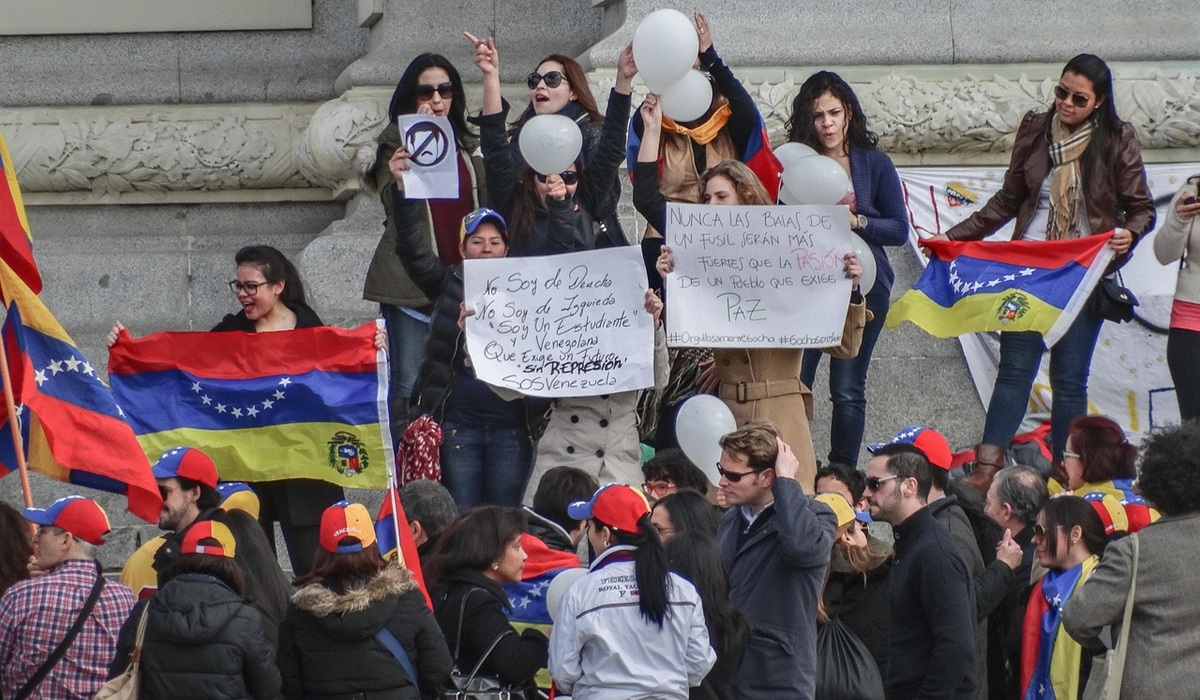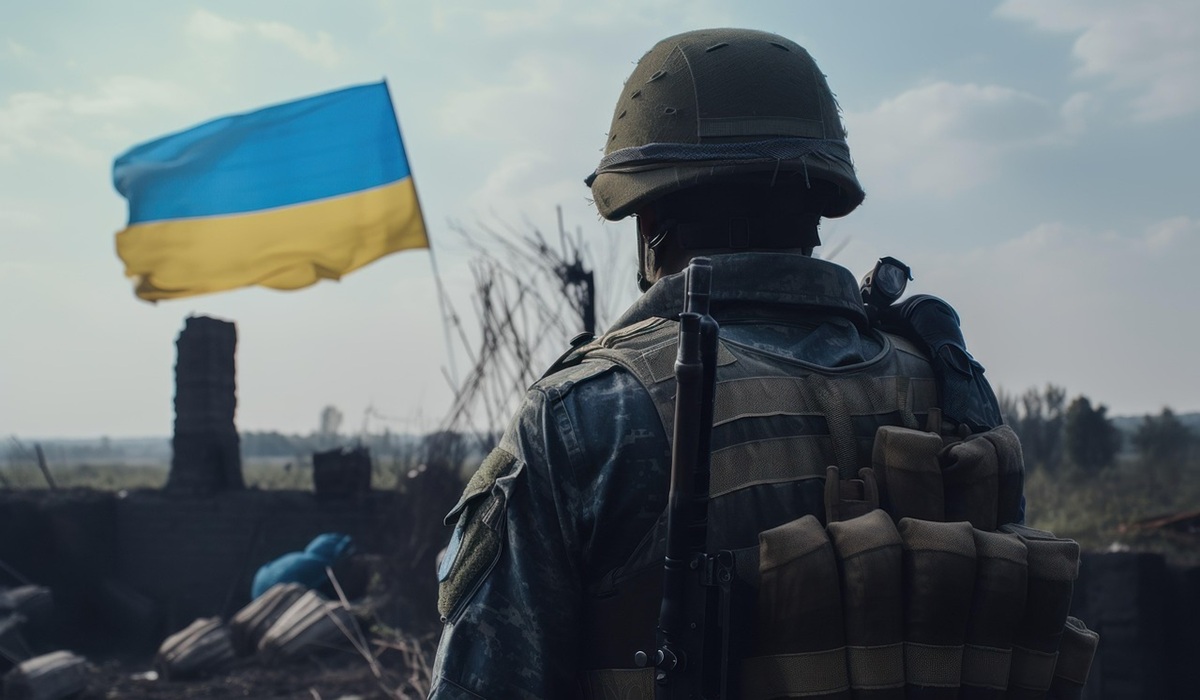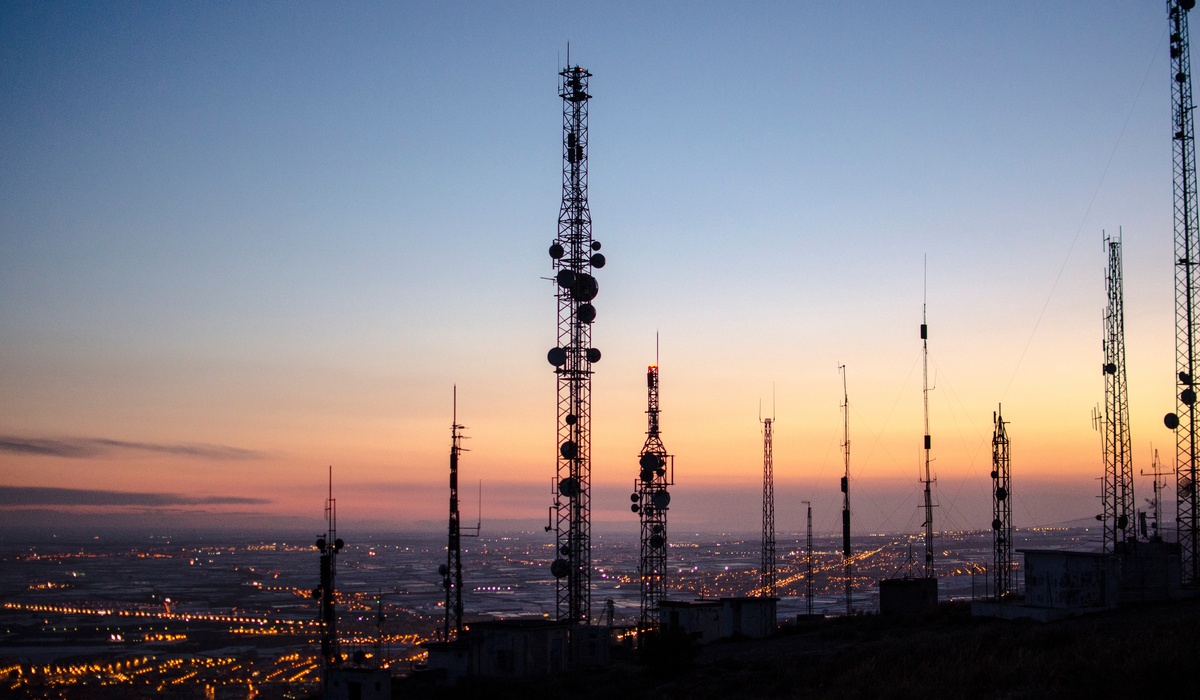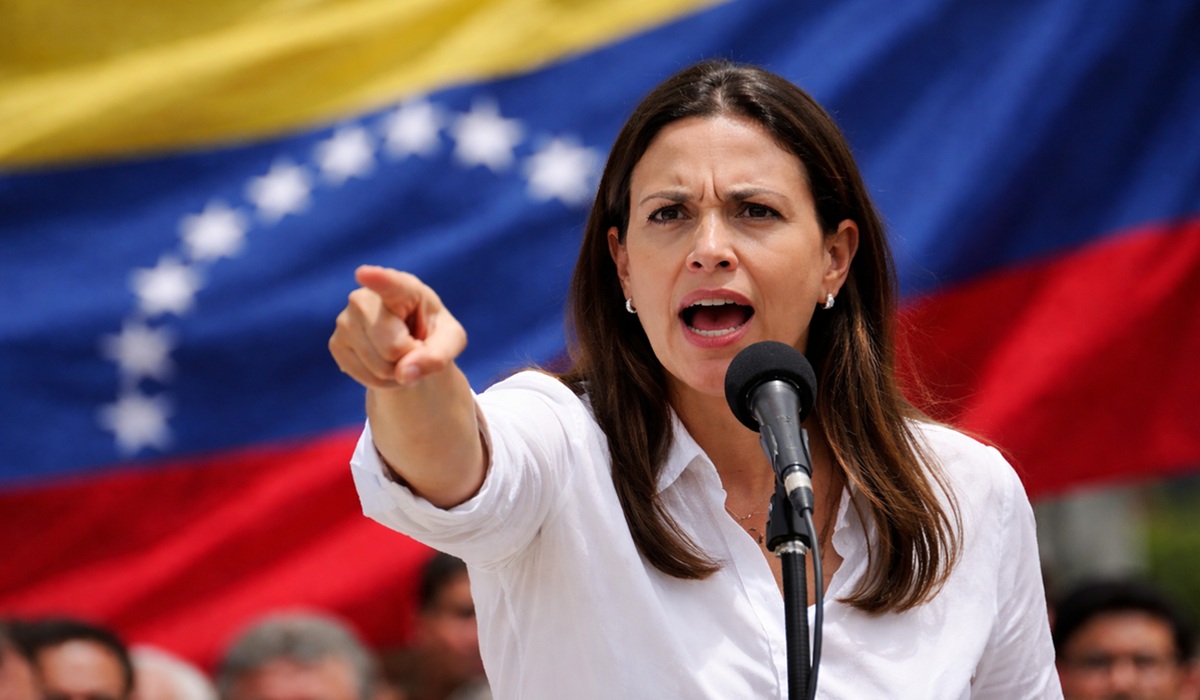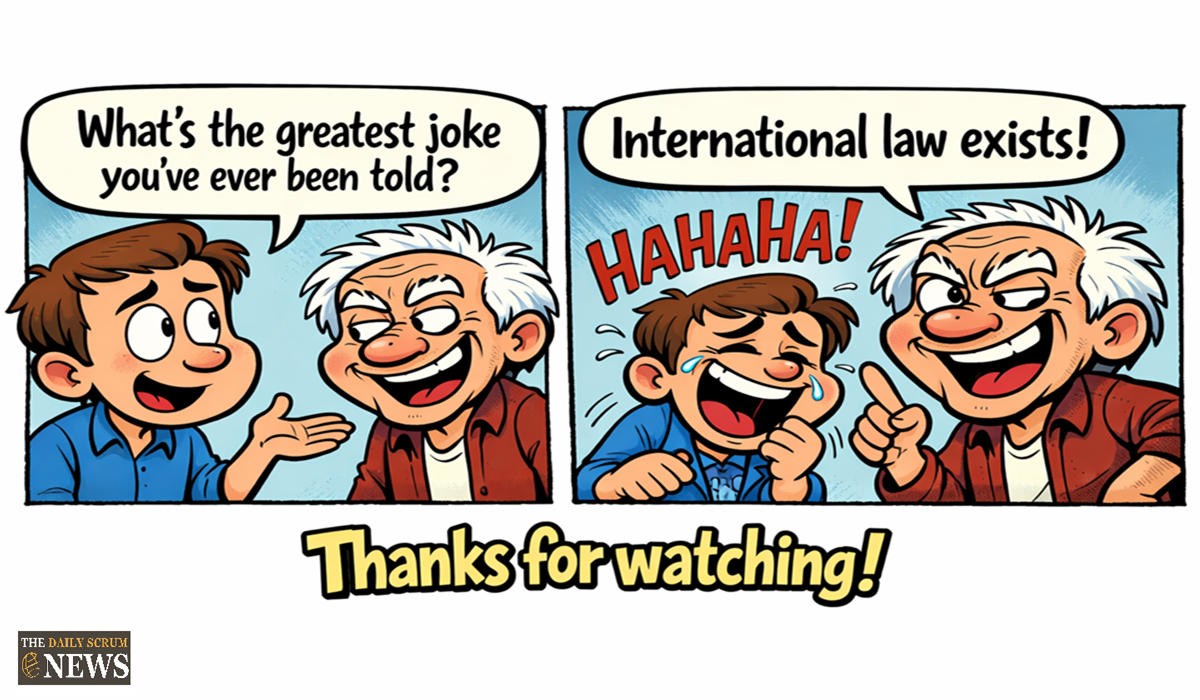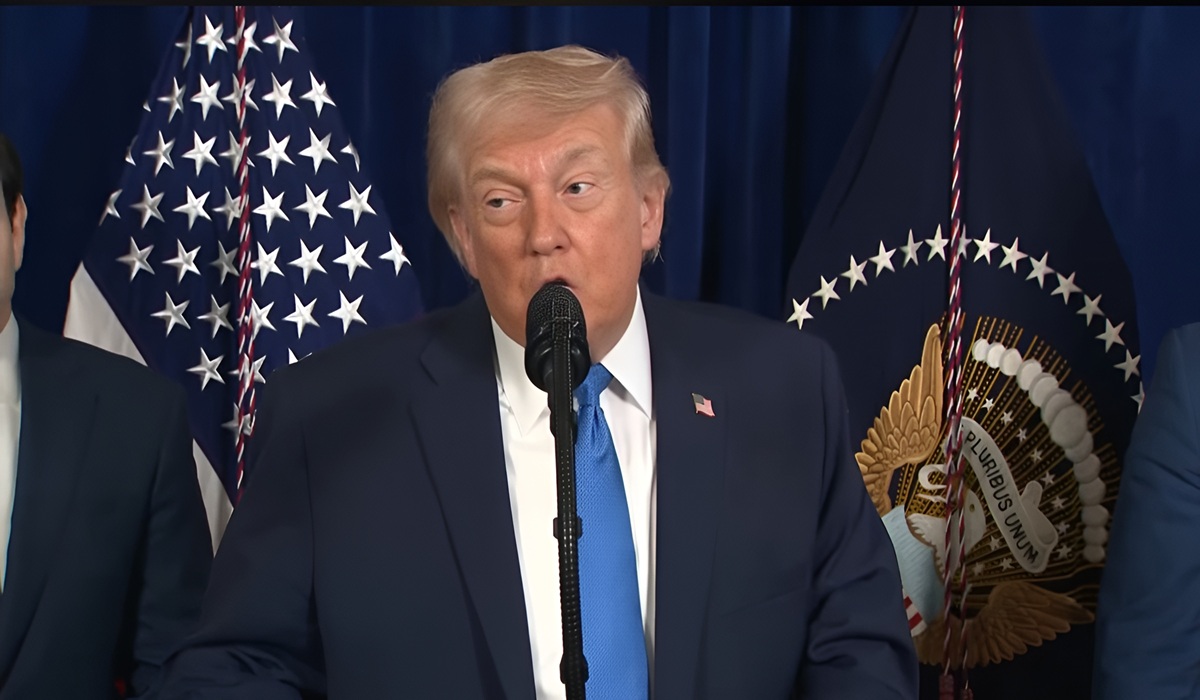Africa Breaks Free: The End of Structural Adjustment, IMF, and World Bank Control
- Ingrid Jones
- Trending News
- Africa
- July 30, 2025
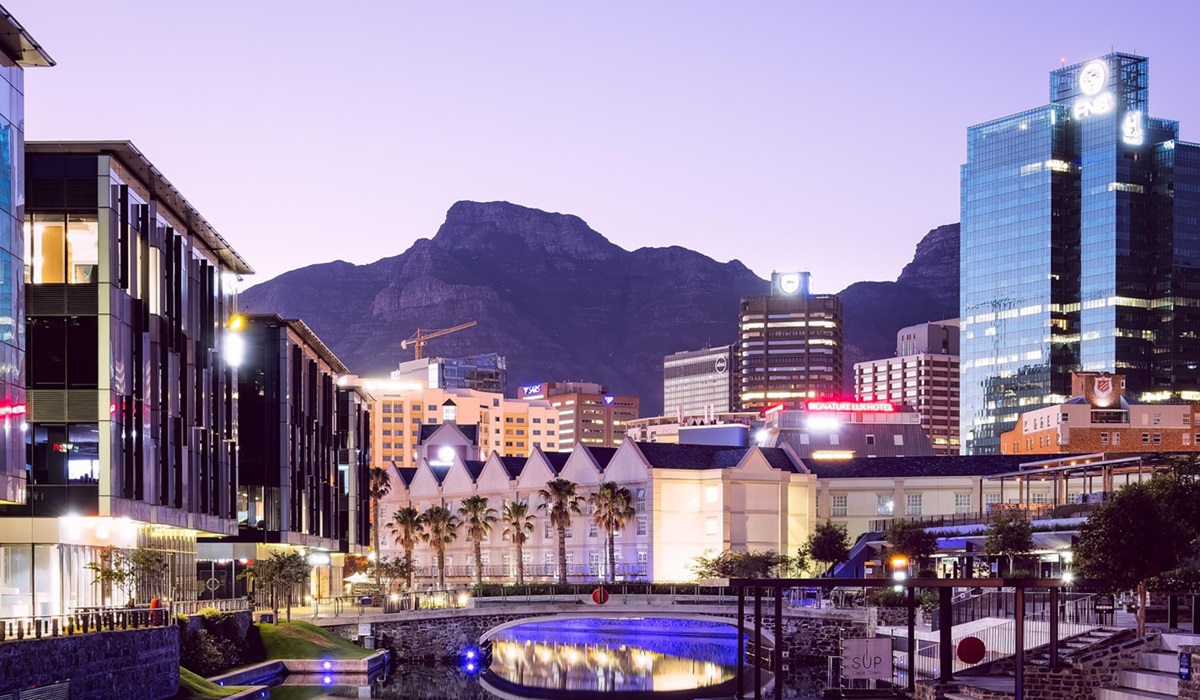
Image Credit: Jean van der Meulen
For much of the 20th and early 21st centuries, the International Monetary Fund (IMF) and World Bank wielded disproportionate power over Africa’s economic destiny. Under the guise of economic stabilization and development, these Bretton Woods institutions imposed Structural Adjustment Programs (SAPs) that left African nations financially handcuffed, socially destabilized, and economically vulnerable. These policies, designed in Washington and enforced in Abuja, Nairobi, and Dakar, demanded austerity, privatization, deregulation, and devaluation—all as prerequisites for desperately needed loans.
But now, Africa is no longer kneeling at the gates of colonial-era financial institutions. A new era is unfolding—one of continental self-reliance, strategic intra-African funding, and partnerships with multipolar financial alternatives like BRICS. The consequences are profound, and the IMF and World Bank may soon find themselves not only irrelevant in Africa, but also dangerously overleveraged elsewhere in the Global South.
Structural Adjustment Programs were introduced in the 1980s as a condition for receiving loans during times of financial crisis. African countries, many of which had just emerged from colonial rule and were struggling with inherited economic weaknesses, were told they must:
- Slash government spending, including on health, education, and food subsidies
- Privatize state-owned enterprises and open up to foreign capital
- Liberalize trade policies and deregulate markets
- Devalue their currencies to boost exports
In theory, these reforms would make African economies more competitive and attractive to investors. In practice, they resulted in widespread poverty, hollowed-out public institutions, skyrocketing unemployment, and national resources being sold off to foreign interests for pennies on the dollar. Sovereignty was traded for survival.
Ghana, Zambia, Nigeria, and many others became economic laboratories for neoliberal policy experiments, with results that continue to haunt their societies to this day. The social cost was immense: weakened healthcare systems, mass urban poverty, and an entrenched dependency on foreign aid and debt.
The new millennium brought change. Africa began to rethink its financial architecture and geopolitical alliances. With the rise of China, the expansion of South-South trade, and growing frustration over IMF and World Bank terms, African nations began looking elsewhere.
Today, countries across the continent are funding major infrastructure and development projects using a mix of natural resource-backed financing, bilateral agreements, and increasingly, intra-African cooperation. The African Continental Free Trade Area (AfCFTA) and the African Export-Import Bank (Afreximbank) are signs of a continent working to trade, finance, and build from within.
One major shift is the abandonment of the CFA franc—long derided as a colonial tool controlled by France through its ties to the French Treasury. West African countries like Mali and Burkina Faso have begun rejecting the CFA, symbolically and economically shaking off the last vestiges of European monetary control.
Even more telling is Africa’s turn to institutions backed by BRICS nations, like the New Development Bank and the Contingent Reserve Arrangement. These bodies offer funding without the colonial strings attached. No forced privatization of water utilities. No mandatory wage freezes. No austerity disguised as reform. Just capital for development—on negotiated, mutually beneficial terms.
With Africa stepping back from the debt traps and neo-colonial lending models, the IMF and World Bank face a crisis of both credibility and relevance. Their legitimacy in Africa has long been questioned, but now their economic leverage is rapidly shrinking.
These institutions have historically relied on Africa as a predictable pool of loan recipients, with high interest repayments and limited negotiating power. Now, with fewer African nations knocking on their door, they will have to look elsewhere to justify their existence.
That elsewhere, unfortunately, may include poorer Eastern European, Asian, and Middle Eastern countries—places where IMF and World Bank influence is still relatively strong. But there’s a catch: with Africa gone from the table, the loan burden on these remaining nations will likely intensify. Fewer participants in the debt cycle means more pressure on the ones who remain. Loan conditions may get even more draconian. Interest rates higher. Payback periods shorter. Sovereignty more compromised.
Africa’s gradual detachment from IMF and World Bank dependency is not just a continental shift; it’s a signal to the entire Global South. It says that the age of begging for crumbs from the former colonial table is over. Nations can fund their futures using their own wealth—be it gold, oil, lithium, or human capital—and negotiate partnerships that respect their sovereignty.
It’s a hard-fought evolution, decades in the making. Africa was not merely a victim of structural adjustment—it was also the laboratory, the case study, the warning to the world. Now it is becoming the example of how to escape.
The IMF and World Bank, long considered untouchable global authorities, are being demystified and de-centered. Their policies are being reassessed not as economic salvation, but as a form of economic warfare that left destruction in its wake. And the countries that once bore the brunt of these experiments are finally walking away.
The implications are enormous. If more nations follow Africa’s path—choosing cooperation over coercion, investment over austerity, and independence over instruction—the Bretton Woods institutions may one day become relics. Their corridors of power echoing with the silence left behind when the world stopped coming to borrow.
Not because the need for financing disappeared, but because the world discovered it could finance itself—fairly, equally, and without permission.

